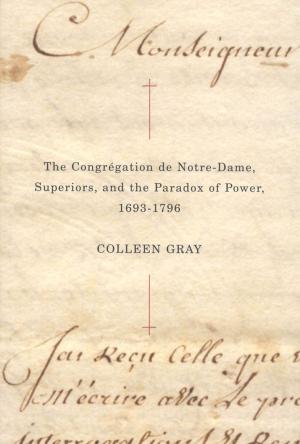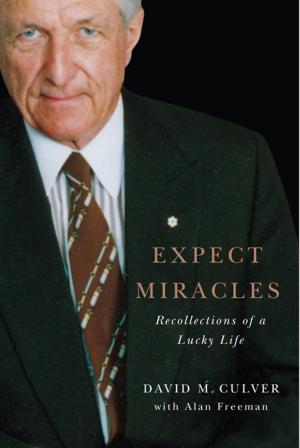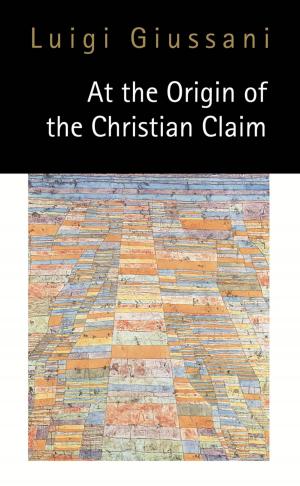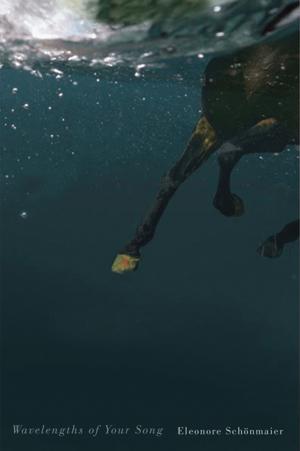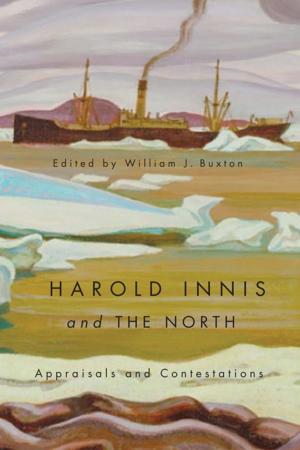| Author: | John W. Burbidge | ISBN: | 9780773591950 |
| Publisher: | MQUP | Publication: | June 1, 2014 |
| Imprint: | MQUP | Language: | English |
| Author: | John W. Burbidge |
| ISBN: | 9780773591950 |
| Publisher: | MQUP |
| Publication: | June 1, 2014 |
| Imprint: | MQUP |
| Language: | English |
Does the fact that everything has a cause imply that all events are causally determined? Drawing on discussions from the history of philosophy, John Burbidge's Cause for Thought captures the diverse dynamics found in physics, chemistry, biology, animal psychology, and rational action. At each level, forms of activity emerge that cannot be reduced to the functioning of simpler, more elementary components. By exploring the logic of what happens when two causal conditions reciprocally interact, Burbidge develops a concept of complex cause in which an agent generates effects not simply because of the action of its constituent components, but also because of the way those components mutually supplement and reinforce one another. By extending this to the interaction of agents with their environment, Burbidge throws light on the structure of organisms, on the distinctive contributions of consciousness and rationality, and on the quest for a comprehensive explanation of the cosmos. Recovering the force and legitimacy of metaphysical inquiry by focusing on the concept of cause and causality, Cause for Thought offers a new way of understanding natural processes, the role of consciousness and free will, and the significance of rational explanation.
Does the fact that everything has a cause imply that all events are causally determined? Drawing on discussions from the history of philosophy, John Burbidge's Cause for Thought captures the diverse dynamics found in physics, chemistry, biology, animal psychology, and rational action. At each level, forms of activity emerge that cannot be reduced to the functioning of simpler, more elementary components. By exploring the logic of what happens when two causal conditions reciprocally interact, Burbidge develops a concept of complex cause in which an agent generates effects not simply because of the action of its constituent components, but also because of the way those components mutually supplement and reinforce one another. By extending this to the interaction of agents with their environment, Burbidge throws light on the structure of organisms, on the distinctive contributions of consciousness and rationality, and on the quest for a comprehensive explanation of the cosmos. Recovering the force and legitimacy of metaphysical inquiry by focusing on the concept of cause and causality, Cause for Thought offers a new way of understanding natural processes, the role of consciousness and free will, and the significance of rational explanation.

